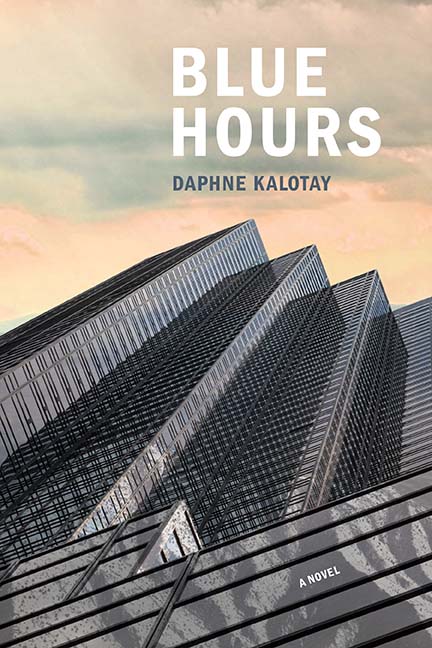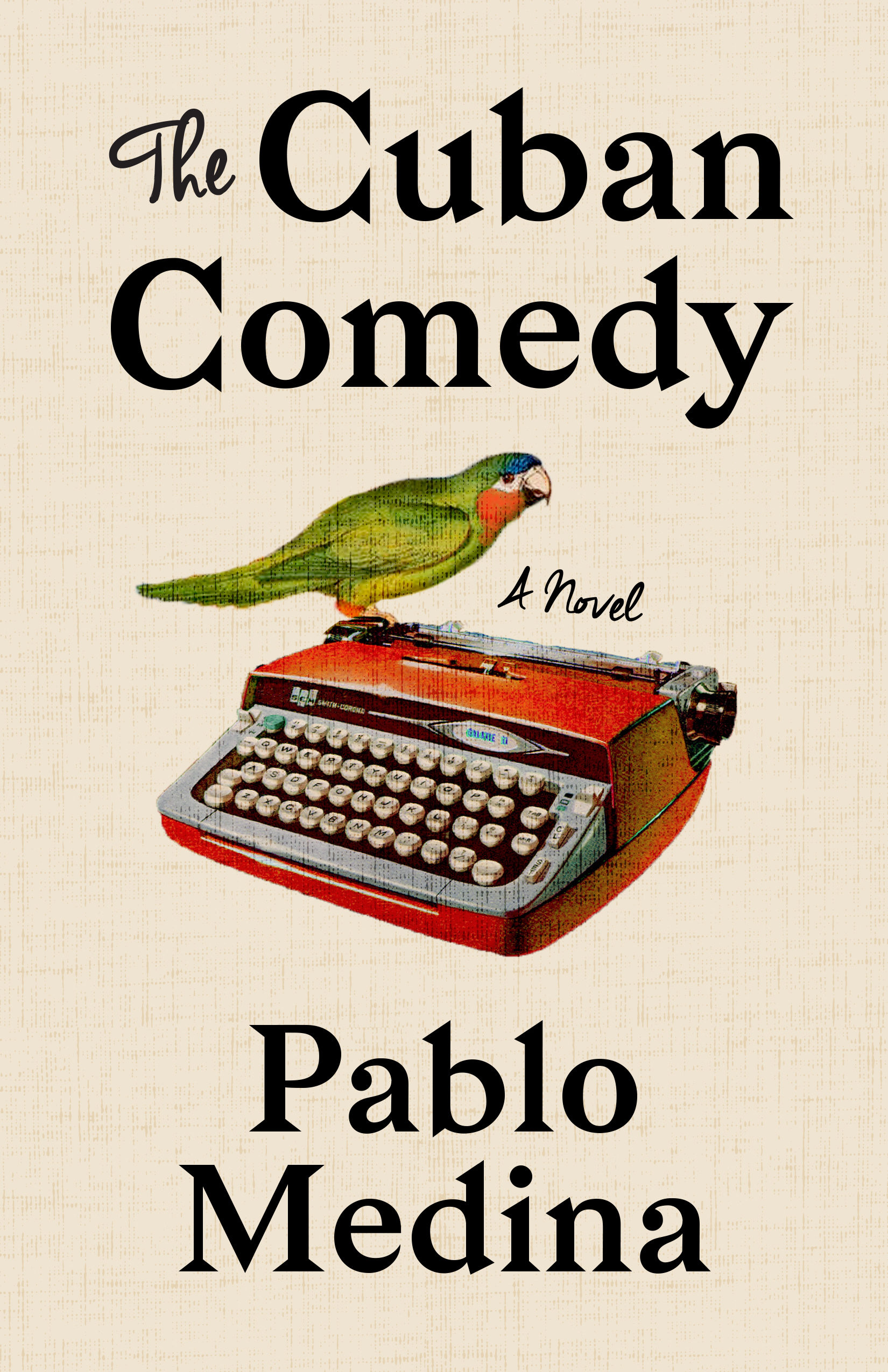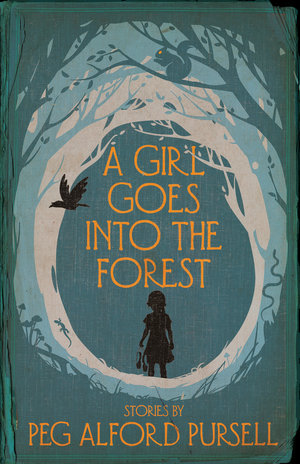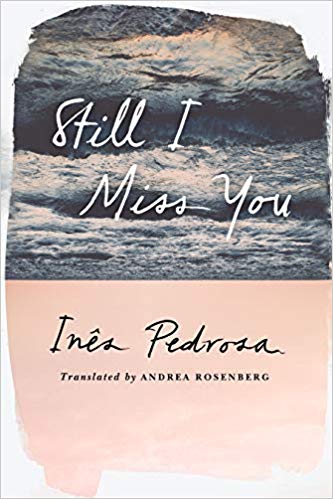
5 Books You May Have Missed in July
From Ill-Fated Romance to Comic Flanerie
I choose every book that I feature in this column, and I always believe that my choices are strong, showcasing excellent literature that may not have found its readership yet. But it’s rare that all five books in a single month’s column appeal to me personally the way these five do. From a beautiful novel about two lost women to a funny first-person city ramble, I turned these pages fast and hope your summer TBR piles might hold one or two of them as well.

Daphne Kalotay, The Blue Hours
(Triquarterly Press)
Many books about strong female friendships have been published in the past few years, but so far the only one this year that has rung entirely true to me is The Blue Hours—and one might argue that’s because the two women involved, Mim and Kyra, truly fell in romantic love when they met in 1991 New York. However, since much of the action takes place as Mim, in 2012, journeys from Manhattan to Afghanistan in search of Kyra, the real interior work is less about romance and more about the ties we choose, the ties we neglect, and the ties that keep us bound to false selves. What’s more, the scenes in Afghanistan feel fully established and integrated into the rest of the book, especially as Mim encounters myriad paths for women within one country and its wildly different cultures. Mim and Kyra have found different ways of running from what terrifies them, and you root for them to be reunited. When it happens, it’s so unexpected that you’ll feel breathless.

Pablo Medina, The Cuban Comedy
(The Unnamed Press)
The Cuban Comedy introduces readers to 1960s Cuba through Elena, whose village of Piedra Negra has become a sort of sanitarium for former soldiers whose consumption of the local moonshine causes brain-curdling hallucinations. Since her father owns the local still, Elena sees these horrors at closer range than some, and longs to escape to Havana where she might pursue life as a poet. But after meeting the famed poet Daniel Arcilla and moving to the capital, she slowly sees that its post-revolution adjustments are simply a different kind of hallucinatory experience. But wait: This book is hilarious! Medina, a prolific author of prose and poetry who teaches in the Warren Wilson MFA program, infuses the historical with the hysterical, dirty and gritty and witty, just like some of the world’s best poetry. While it doesn’t necessarily have a happy ending, the experience of reading Medina’s brief comic novel will leave a light on in your soul.

Peg Alford Pursell, A Girl Goes Into the Forest
(Dzanc Books)
A Girl Goes Into the Forest consists of 78 “hybrid stories and tales.” 78! That’s a lot of stories and tales. But not only did I love Pursell’s 2017 Show Her a Flower, A Bird, A Shadow, I loved that she was included in the second annual “5 Over 50” list by Poets & Writers, and, on top of that, one of her epigraphs is from Tom Petty. The book is a must for devotees of flash fiction, and I’ll admit I haven’t read a ton of that form, but who can resist a line like “Inside the old church, it was almost possible to hear what people do to one another.”? Thematically divided into nine sections, with the themes delineated by passages from Hans Christian Andersen’s “The Snow Queen,” these brief stories explain a woman’s life in a way I’ve never seen it explained before. I want to share lines, but then again I don’t want to spoil any reader’s discovery of those jewels, the knowledge that you’ve followed a different path to find them.

Adam Pelzman, The Papaya King
(Jackson Heights Press)
How could anyone who has ever spent time in Manhattan resist taking a peek at a book with this title? Happily, The Papaya King bears more than a passing resemblance to one of my favorite novels of all time, John Kennedy Toole’s A Confederacy of Dunces. Bobby Walser, like Ignatius P. O’Reilly, lives in his own world. Like Ignatius, he is fond of speaking in a mannered style, and conducting a correspondence with the woman of his dreams. Is the resemblance, both in protagonist and his flânerie, a bit too on the nose? Mayhap, as either character might say. However, the transplanting of an out-of-step man from New Orleans to New York City works, especially because Bobby’s experience of tragedy in childhood takes a while for him to recall and fuels many of his encounters and miscommunications with city denizens of every stripe.

Inês Pedrosa, Still I Miss You (trans. Andrea Rosenberg)
(Amazon Crossing)
Pedrosa, one of the most important figures on the modern Portuguese literary scene, here in her second novel translated into English offers the story of a love affair that can tell its whole truth only because it has been sundered. As the man and the woman give up their sadness and stories, we can see that when a love affair lives, while it is active, in no matter what form, all sorts of lies, deceptions, omissions, and secrets keep that love afloat. And, yet, “Still I miss you.” The chapters vary from elegiac to blunt to unbearably tender. Watch for what happens when one of the narrators says “I don’t need to tell stories anymore.” Because of course a writer cannot let that be the ending, knows that one soul’s transformation is simply energy for the stories of another’s. “You live once more in mortals’ frivolous immortality.” Truth.
Bethanne Patrick
Bethanne Patrick is a literary journalist and Literary Hub contributing editor.



















